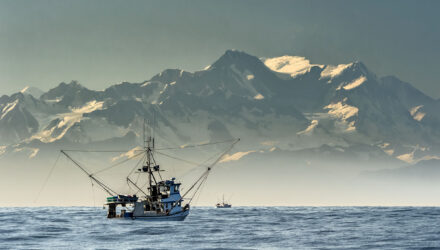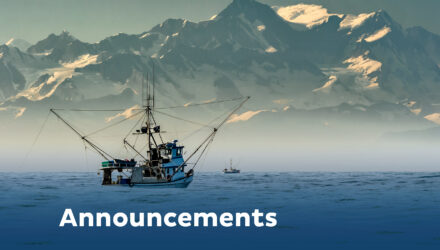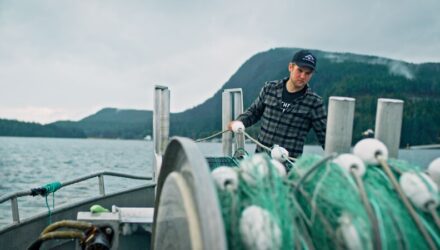FOR RELEASE: American Women And Children Are Big Winners In The Just-Released WIC Food Package Updates

Contact:
Greg Smith, Alaska Seafood Marketing Institute
(907) 465-5562, [email protected]
FOR IMMEDIATE RELEASE
American Women and Children are Big Winners in the Just-Released WIC Food Package Updates
JUNEAU, Alaska. April 11, 2024 – The Biden-Harris Administration recently announced the final science-based food package updates for the Women’s, Infant’s and Children’s Supplemental Nutrition program (WIC). The Alaska Seafood Marketing Institute (ASMI) has been eagerly awaiting the release of the proposed rule updating the WIC packages, after a long review process. We commend the Administration and USDA for improving the nutrition value of the WIC food packages and further by adding more seafood to their entire array of nutritional programs.
This is the first update since 2009 and will go a long way to improve nutrition equity with expanded access to health-promoting seafood for all WIC participant groups. To date, canned fish has been included only for fully-breastfeeding participants since a pilot initiative in the early 2000’s by the late Senators Ted Stevens of the State of Alaska and Daniel Inouye of the State of Hawaii. Alaska Senator Lisa Murkowski has been a tireless champion of women and children’s health, leading a 15-year effort with the Alaska delegation to expand seafood access to ALL WIC participants.
Among other updates, the final changes add 6 ounces of canned fish to food packages for children (1 through 4 years), including canned Alaska salmon. The final rule also adds 10 ounces of canned fish to food packages for pregnant and postpartum participants and 15 ounces for partially breastfeeding participants, while adjusting amounts for fully breastfeeding participants from 30 to 20 ounces.
Expanding seafood availability to WIC packages for children, pregnant and postpartum women in addition the one for breastfeeding mothers will provide essential nutrition they can’t get elsewhere! It also is a sound investment that will support The Dietary Guidelines for Americans 2020-2025, which recommends two 8-oz servings of healthy seafood a week starting at 6 months. Almost all Americans have seafood intakes well below recommended amounts, meaning they miss out on seafood’s healthy fats and nutrient-dense, lean protein. Seafood, in particular wild seafood from Alaska’s sustainable fisheries, adds quality, variety and value to the WIC food packages and responds to WIC participants’ requests.
“ASMI will continue to work to extend science-based access to seafood for children starting at 6 months, the only group not included in this seafood update. We will continue to push for modernizing the WIC food packages with additional consumer-ready forms of seafood, like frozen portions in the next update. We are in it for the long term,” says Bruce Schactler, Director of ASMI’s Global Food Aid Program.
###
About Alaska Seafood Marketing Institute:
The Alaska Seafood Marketing Institute (ASMI) is a partnership between the State of Alaska and the Alaska seafood industry promoting the benefits of wild and sustainable Alaska seafood and offering seafood industry education. The seafood industry is Alaska’s largest basic private sector employer with nearly 60% of all wild seafood and 90-95% of wild salmon harvested in the U.S. coming from Alaska. In addition to wild salmon, Alaska is known for its crab and whitefish varieties such as Pacific cod, sablefish, halibut, Alaska pollock, sole and rockfish – available fresh or frozen year-round. Alaska has been dedicated to sustainable seafood for more than 50 years and is the only state with a constitution that mandates all seafood be managed under the sustained yield principle. Alaska has taken a leadership role in setting the global standard for precautionary resource management to protect fisheries and surrounding habitats for future generations and leading to an ever-replenishing supply of wild seafood for markets worldwide.



